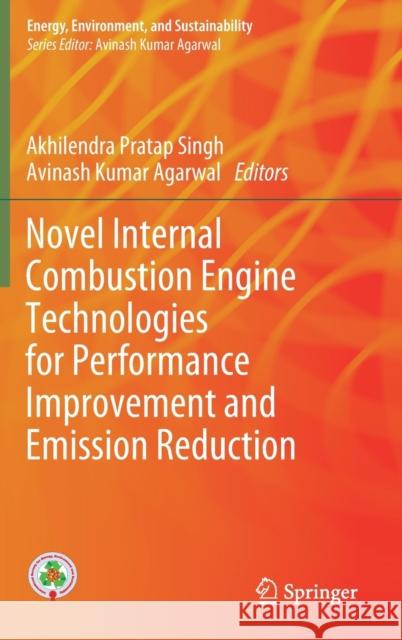Novel Internal Combustion Engine Technologies for Performance Improvement and Emission Reduction » książka
topmenu
Novel Internal Combustion Engine Technologies for Performance Improvement and Emission Reduction
ISBN-13: 9789811615818 / Angielski / Twarda / 2021 / 263 str.
Kategorie:
Kategorie BISAC:
Wydawca:
Springer
Seria wydawnicza:
Język:
Angielski
ISBN-13:
9789811615818
Rok wydania:
2021
Wydanie:
2021
Numer serii:
000824700
Ilość stron:
263
Waga:
0.56 kg
Wymiary:
23.39 x 15.6 x 1.75
Oprawa:
Twarda
Wolumenów:
01
Dodatkowe informacje:
Wydanie ilustrowane











